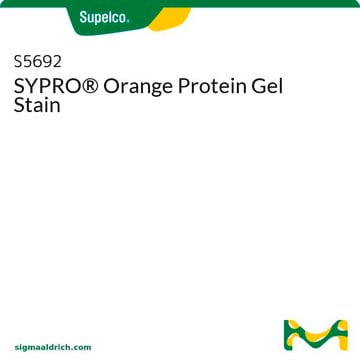N5252
Acide nonadécanoique
≥98% (GC)
Synonyme(s) :
C19:0, NSC 11914, Nonadecylic acid
About This Item
Produits recommandés
Pureté
≥98% (GC)
Forme
powder
Pf
68-70 °C (lit.)
Groupe fonctionnel
carboxylic acid
Type de lipide
saturated FAs
Conditions d'expédition
ambient
Température de stockage
room temp
Chaîne SMILES
CCCCCCCCCCCCCCCCCCC(O)=O
InChI
1S/C19H38O2/c1-2-3-4-5-6-7-8-9-10-11-12-13-14-15-16-17-18-19(20)21/h2-18H2,1H3,(H,20,21)
Clé InChI
ISYWECDDZWTKFF-UHFFFAOYSA-N
Vous recherchez des produits similaires ? Visite Guide de comparaison des produits
Application
- Influence of Manure as a Complex Mixture on Soil Sorption of Pharmaceuticals-Studies with Selected Chemical Components of Manure: Nonadecanoic acid is studied for its role in the sorption of pharmaceutical compounds in soil, suggesting its importance in agricultural runoff management and environmental safety (Thiele-Bruhn and Zhang, 2023).
Code de la classe de stockage
11 - Combustible Solids
Classe de danger pour l'eau (WGK)
WGK 3
Point d'éclair (°F)
Not applicable
Point d'éclair (°C)
Not applicable
Équipement de protection individuelle
dust mask type N95 (US), Eyeshields, Gloves
Certificats d'analyse (COA)
Recherchez un Certificats d'analyse (COA) en saisissant le numéro de lot du produit. Les numéros de lot figurent sur l'étiquette du produit après les mots "Lot" ou "Batch".
Déjà en possession de ce produit ?
Retrouvez la documentation relative aux produits que vous avez récemment achetés dans la Bibliothèque de documents.
Les clients ont également consulté
Notre équipe de scientifiques dispose d'une expérience dans tous les secteurs de la recherche, notamment en sciences de la vie, science des matériaux, synthèse chimique, chromatographie, analyse et dans de nombreux autres domaines..
Contacter notre Service technique
















